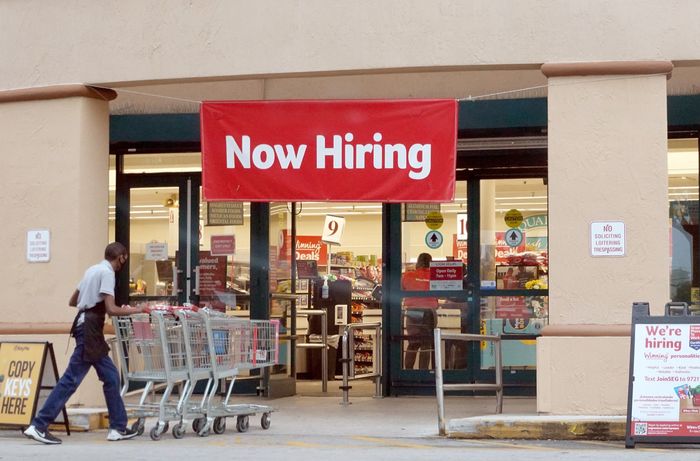
At the end of Mike Shanahan’s second season as coach of the Washington Football Team, he addressed a lack of tangible progress since his arrival two years earlier.
“I like the nucleus of our team. … I think we’ve got a great attitude and we’re going in the right direction,” he said.
Then came Robert Griffin III. Then came a $36 million salary cap penalty. Then came the owner, always the owner. And the direction that Shanahan had liked was now pointed out the door.
Last month, Washington coach Ron Rivera addressed a shaky second season start following a division title in his first season here.
“Well, I think we’re trending, and it may not be reflected all the time the way people want it to be reflected,” he told reporters. “But as long as they’re growing, developing, and we’re feeling good about what we’re doing and we’re understanding what it takes, we’re headed in the right direction.”
Funny thing about directions. Stuff comes along and gets in the way. The direction you wind up going is out the door.
In order to withstand that stuff with this football team — the unpredictable and the predictable — you have to have built a power structure strong enough to keep moving in the right direction.
Rivera took a step in the right direction in that first year by winning the NFC East, exceeding expectations. But it was, and remains, important for him to at least meet expectations in this second season, if not exceed them, to deal with the stuff that comes along.
And Dan Snyder. Always Dan Snyder.
After Rivera was hired, I wrote that in order for him to succeed where so many before him have failed, he needed to have early success to gain the favor of an embattled fan base who would see him as their savior — to become popular and powerful quickly. He would need this to keep Snyder, whenever he unties his hands from his latest pledge to keep his hands off (this one being his exile in the aftermath of the NFL laughable probe into his organization’s sexual harassment practices), at bay. It is the way New York Yankees manager Joe Torre managed to hold off owner George Steinbrenner, by winning three World Series in his first four seasons. Torre became an iconic figure, and Steinbrenner, much to his frustration, got little credit for the success — deservedly so.
I remain convinced that if a coach is going to be successful with Snyder as his boss, he will have to have dramatic early success, and with it gain a level of popularity with Washington fans that will serve to protect him from Snyder’s destruction — if that is possible.
So it should have been disappointing to Washington fans to hear Rivera downplay his team’s first season success.
“Last year was a little odd,” he said. “The whole year was odd.”
Yes it was, for a number of reasons. What is relevant now is that Washington won one of the weakest NFC East divisions in memory with a losing record against beatable opponents. I mean, quarterback Alex Smith, on one leg, went 5-1 as a starter for that team, thanks to a defense ranked among the best in the league.
Substitute the word “illusion” for “odd” and that is what Rivera is saying here — that they weren’t a dominating defensive division-winning team. Not really.
“I don’t expect things to happen overnight. … I try to remind myself too, that we’re building, we’re in a process, we have to stick to the process,” he said. “We have to stick to really pretty much what the plan is. And so we’ll see how it goes.”
This is how it is going so far. Washington is 2-2, coming off their 34-30 win Sunday over the Atlanta Falcons. But those two wins came against two of the worst teams in the league (the other being the New York Giants) by a total margin of five points — not because of a dominating defense, but in spite of it. Their two victories are a result of the heroics of former XFL backup quarterback Taylor Heincke.
But now the varsity portion of the schedule begins. What it will take to beat any of these next five teams — Saints, Chiefs, Packers, Broncos and Buccaneers — we haven’t seen yet from the Washington Football Team.
Ron Rivera better find a way to accelerate the process, because the process here is typically one that results in a one-way direction, with words like growth and development short-lived.
• You can hear Thom Loverro on The Kevin Sheehan Show podcast.








